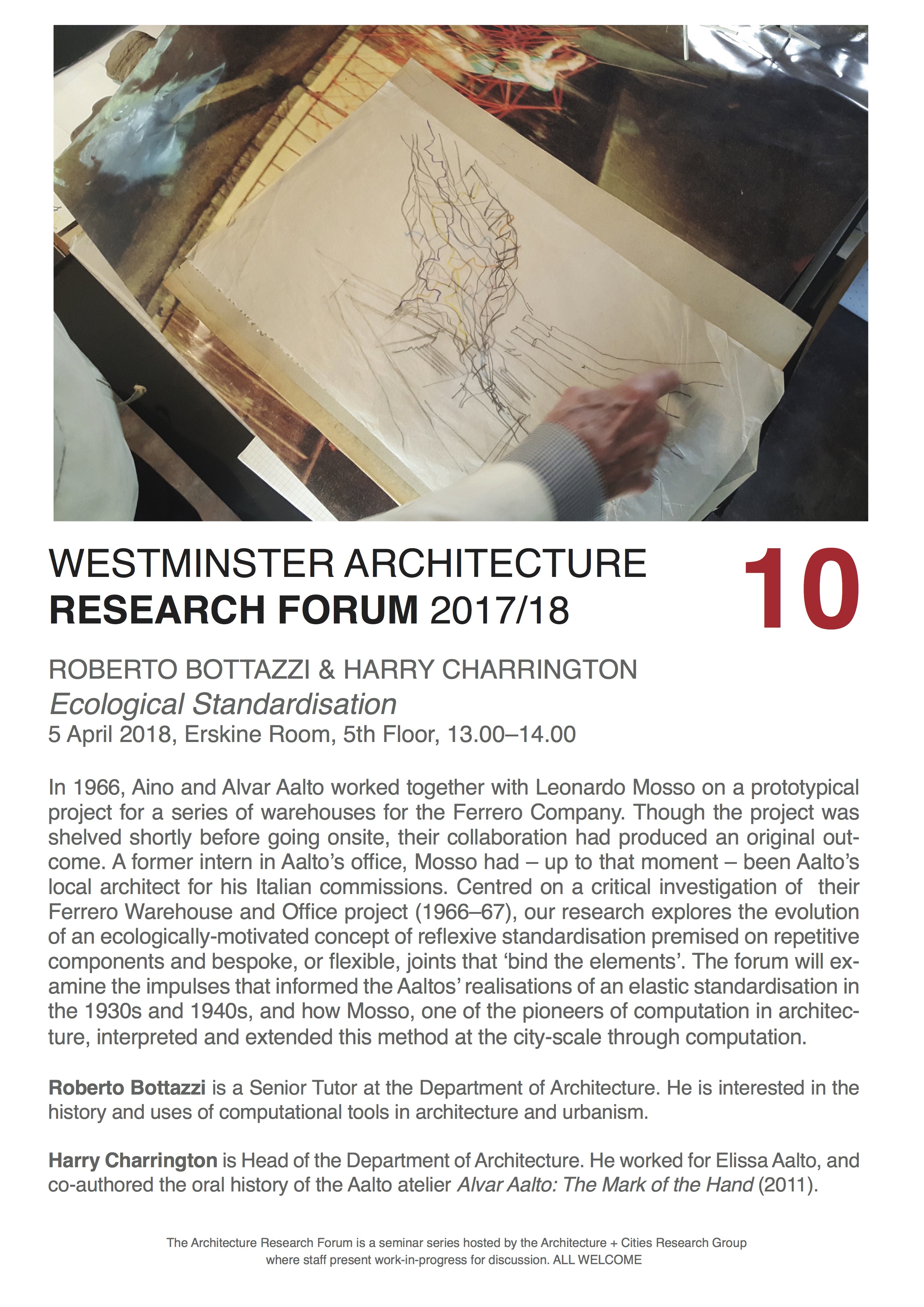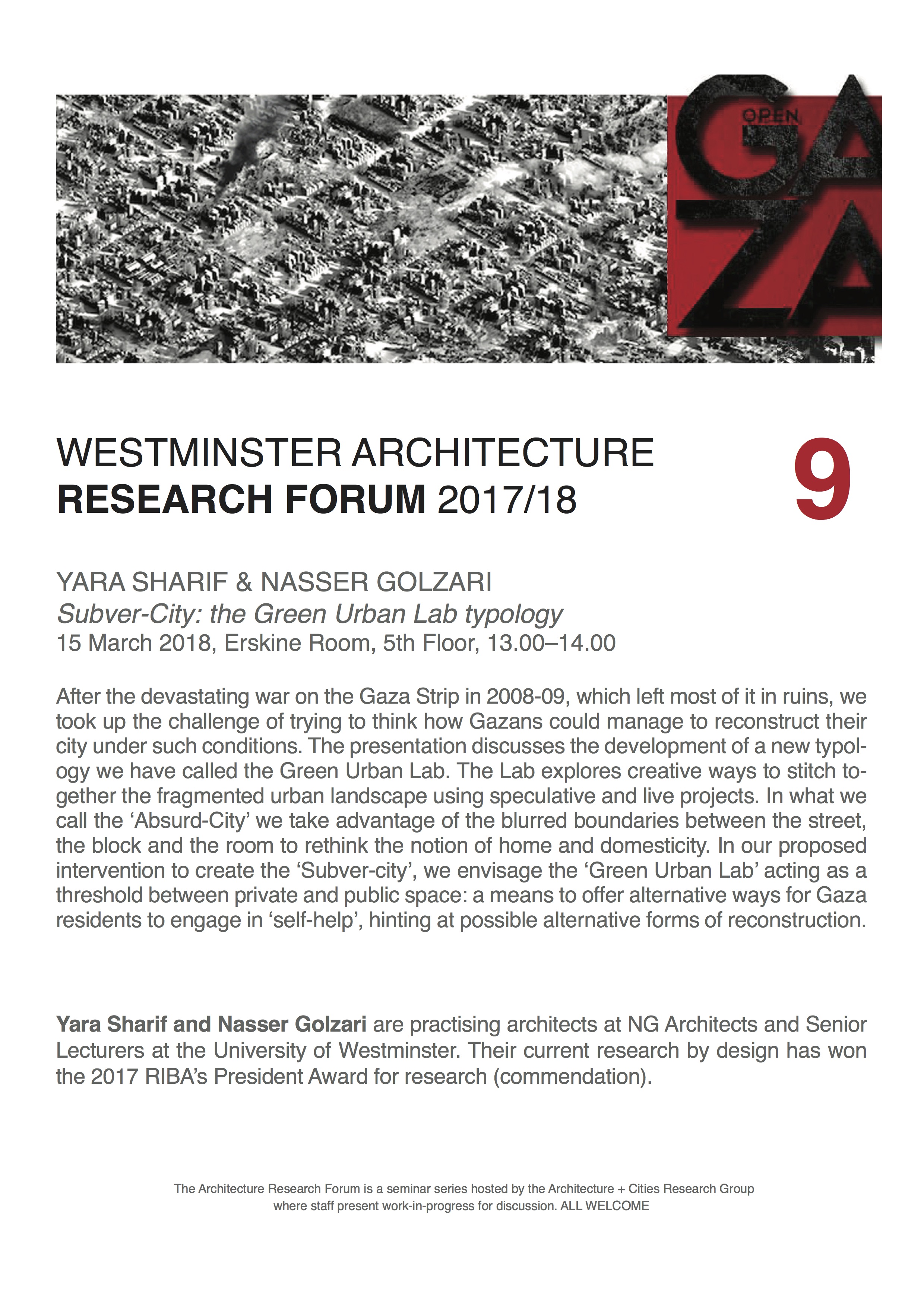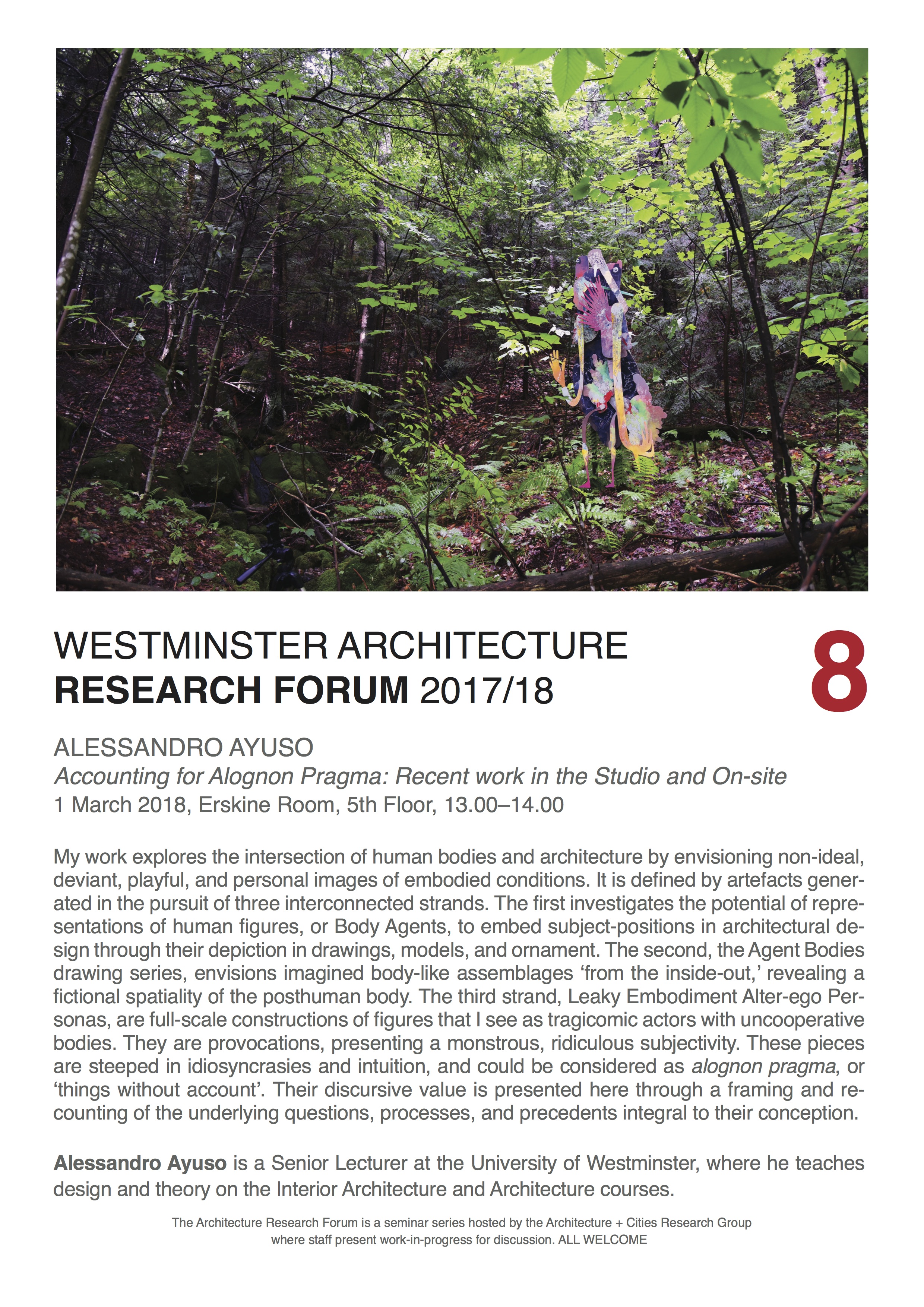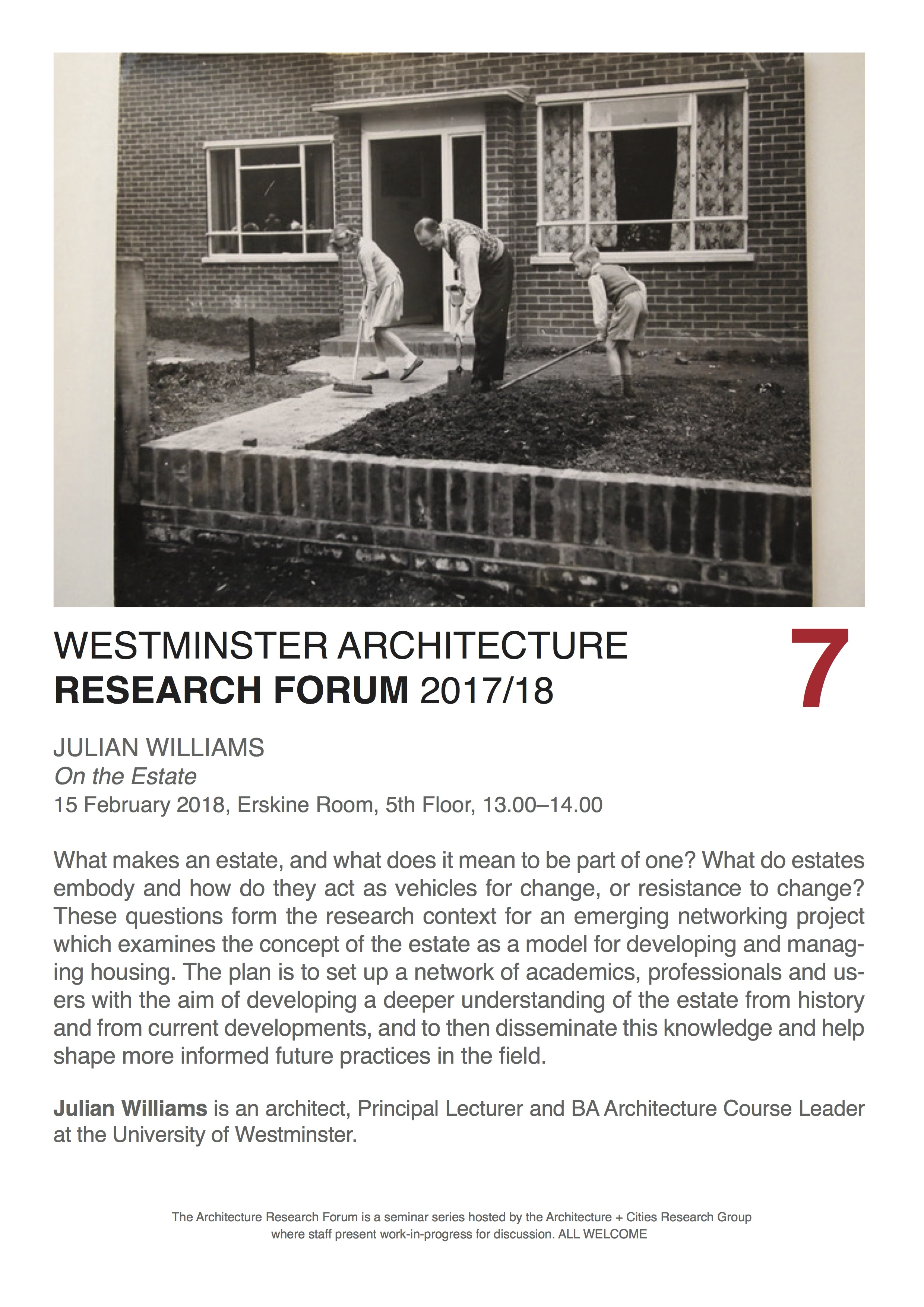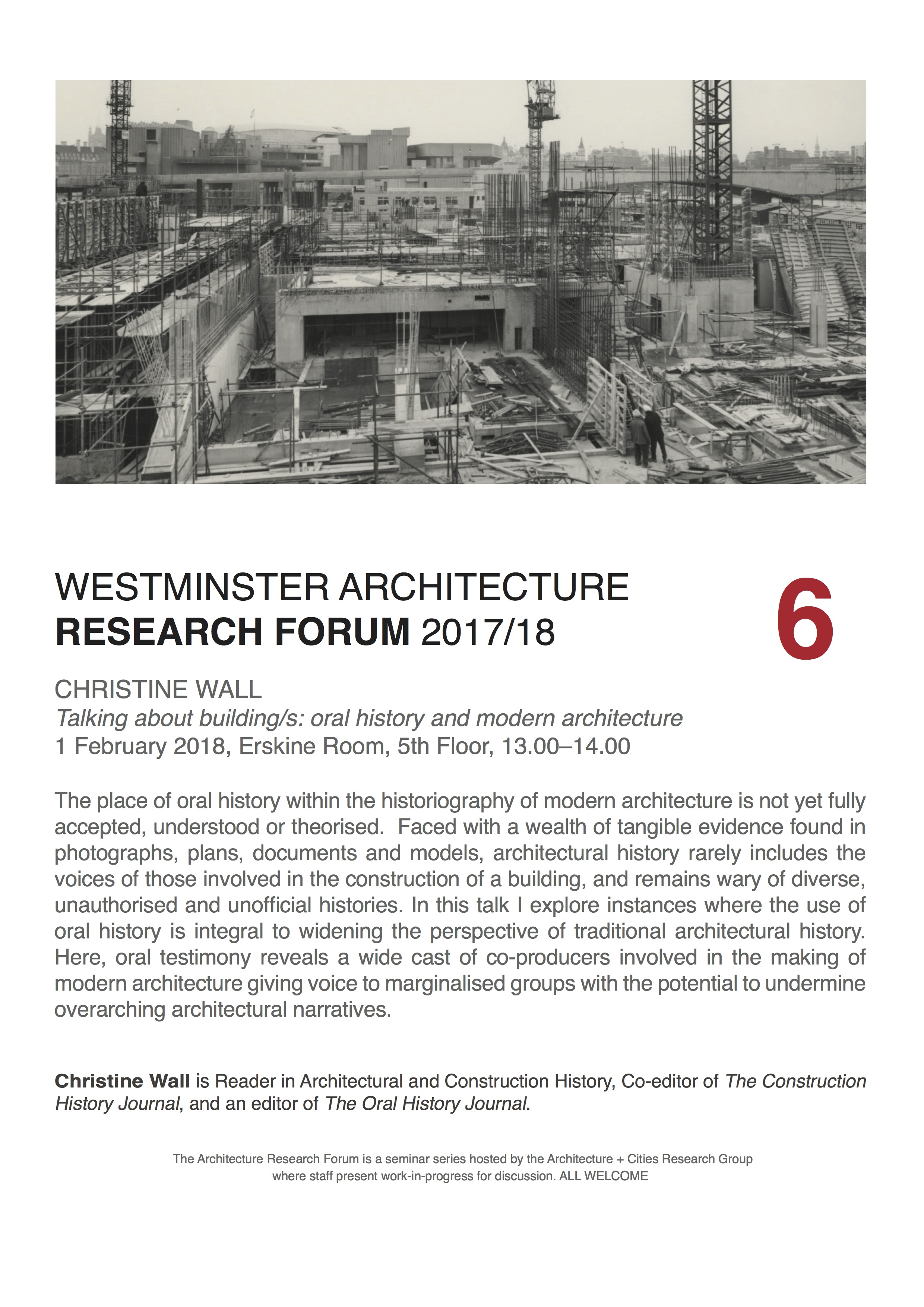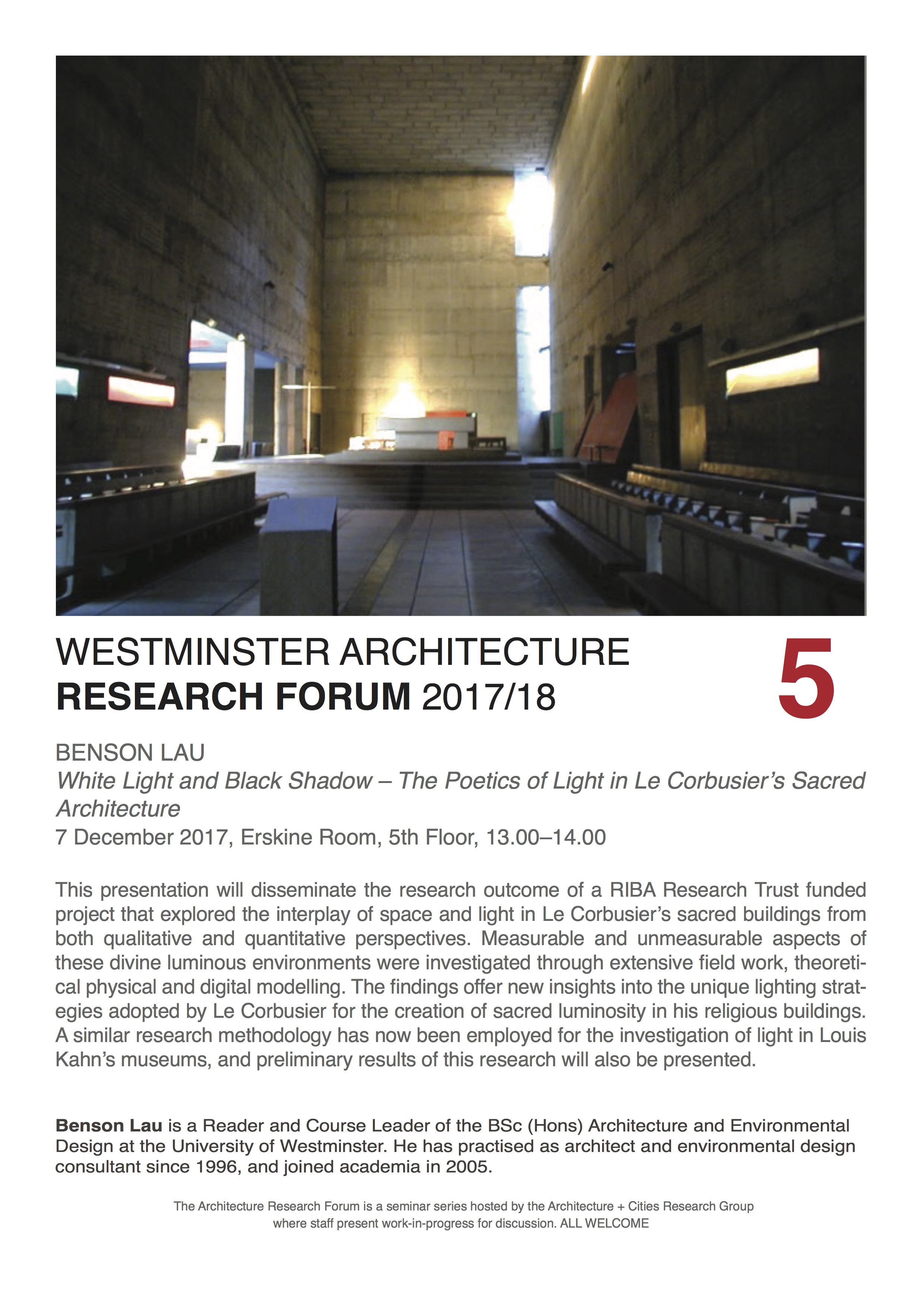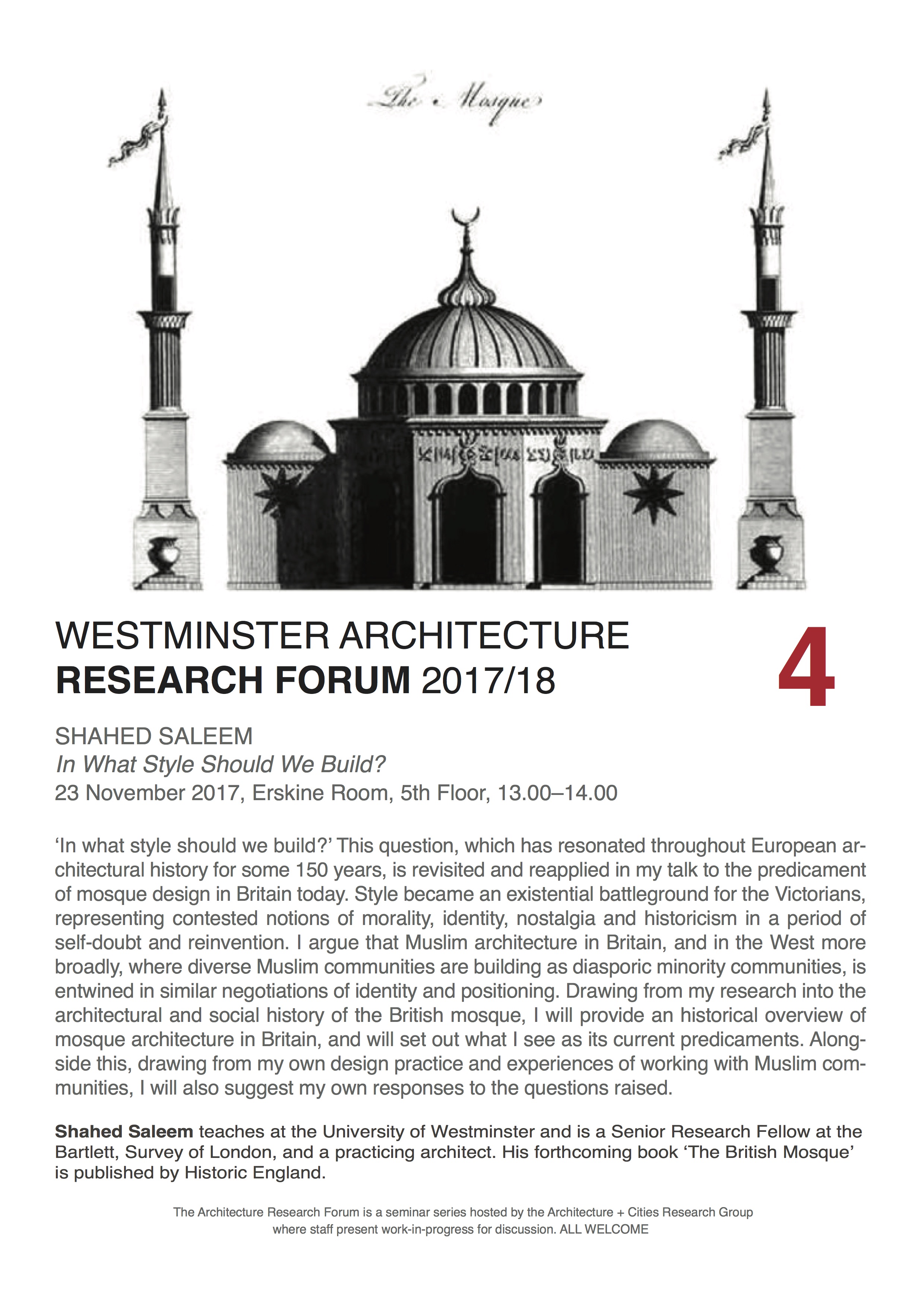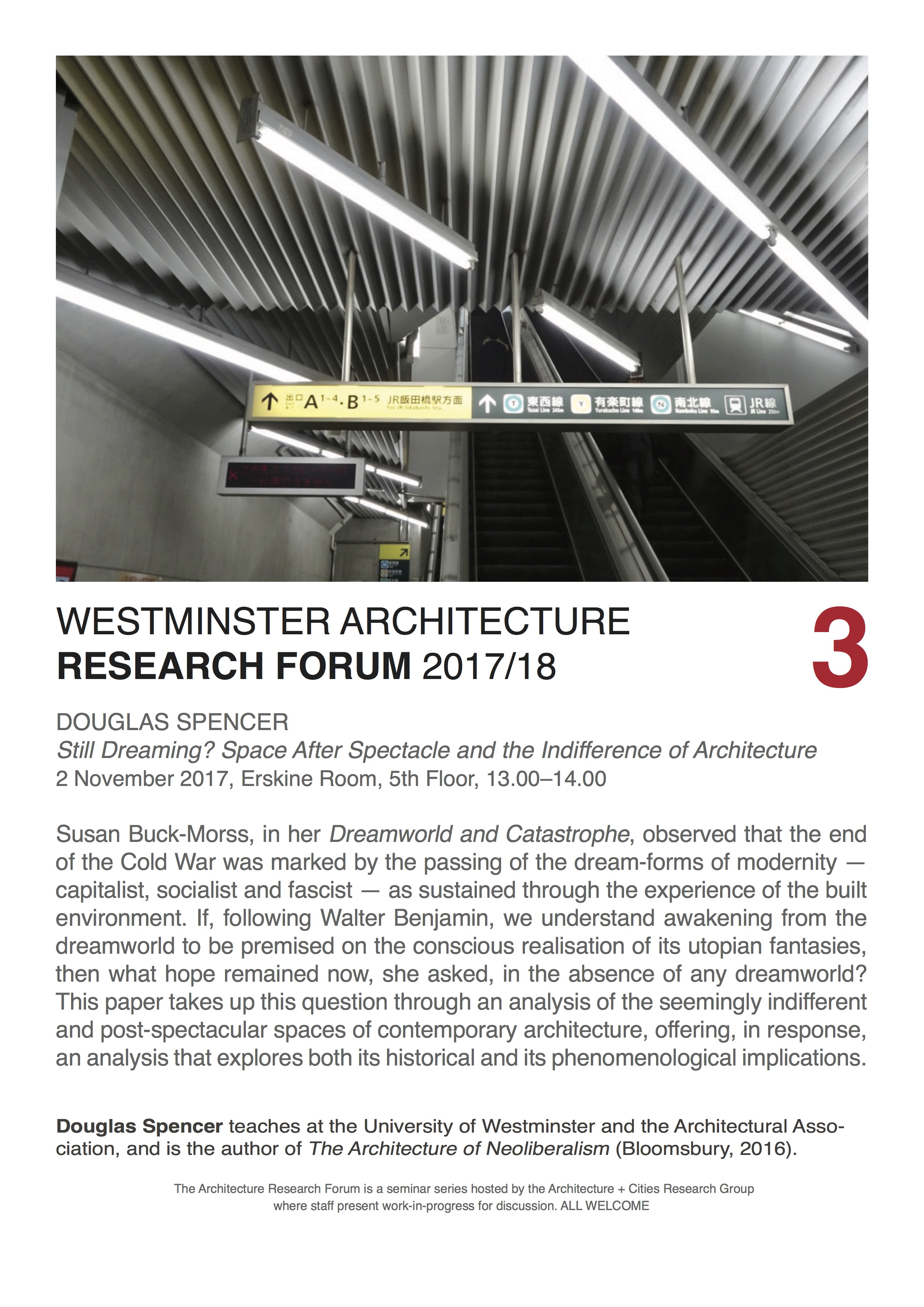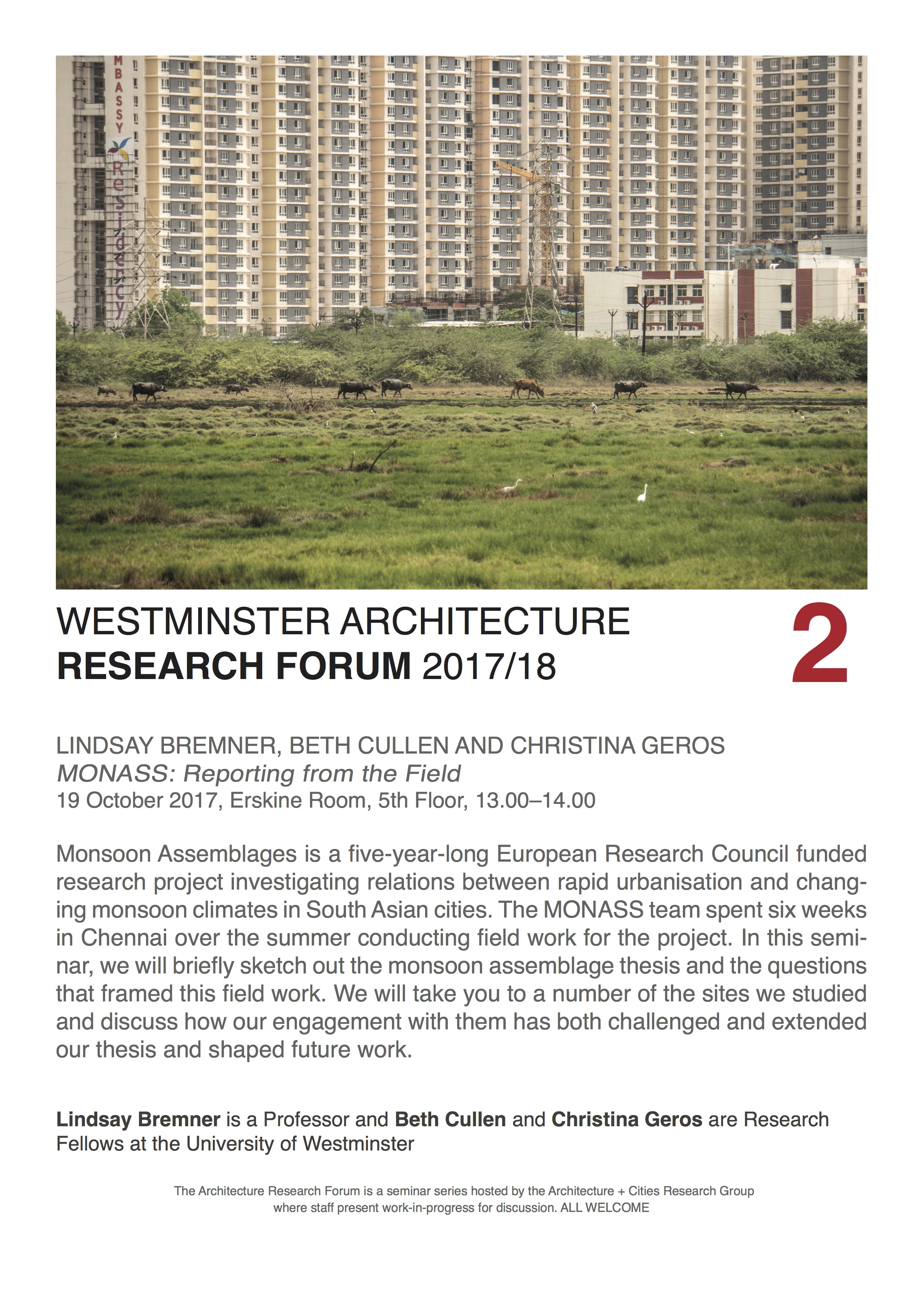ROBERTO BOTTAZZI & HARRY CHARRINGTON: Ecological Standardisation
In 1966, Aino and Alvar Aalto worked together with Leonardo Mosso on a prototypical project for a series of warehouses for the Ferrero Company. Though the project was shelved shortly before going onsite, their collaboration had produced an original outcome. A former intern in Aalto’s office, Mosso had – up to that moment – been Aalto’s local architect for his Italian commissions. Centred on a critical investigation of their Ferrero Warehouse and Office project (1966–67), our research explores the evolution of an ecologically-motivated concept of reflexive standardisation premised on repetitive components and bespoke, or flexible, joints that ‘bind the elements’. The forum will examine the impulses that informed the Aaltos’ realisations of an elastic standardisation in the 1930s and 1940s, and how Mosso, one of the pioneers of computation in architecture, interpreted and extended this method at the city-scale through computation.
Roberto Bottazzi is a Senior Tutor at the Department of Architecture. He is interested in the history and uses of computational tools in architecture and urbanism.
Harry Charrington is Head of the Department of Architecture. He worked for Elissa Aalto, and co-authored the oral history of the Aalto atelier Alvar Aalto: The Mark of the Hand (2011).
When: 5 April 2018, 13.00–14.00
Where: Erskine Room, 5th Floor
The Architecture Research Forum is a seminar series hosted by the Architecture + Cities Research Group where staff present work-in-progress for discussion.
ALL WELCOME










